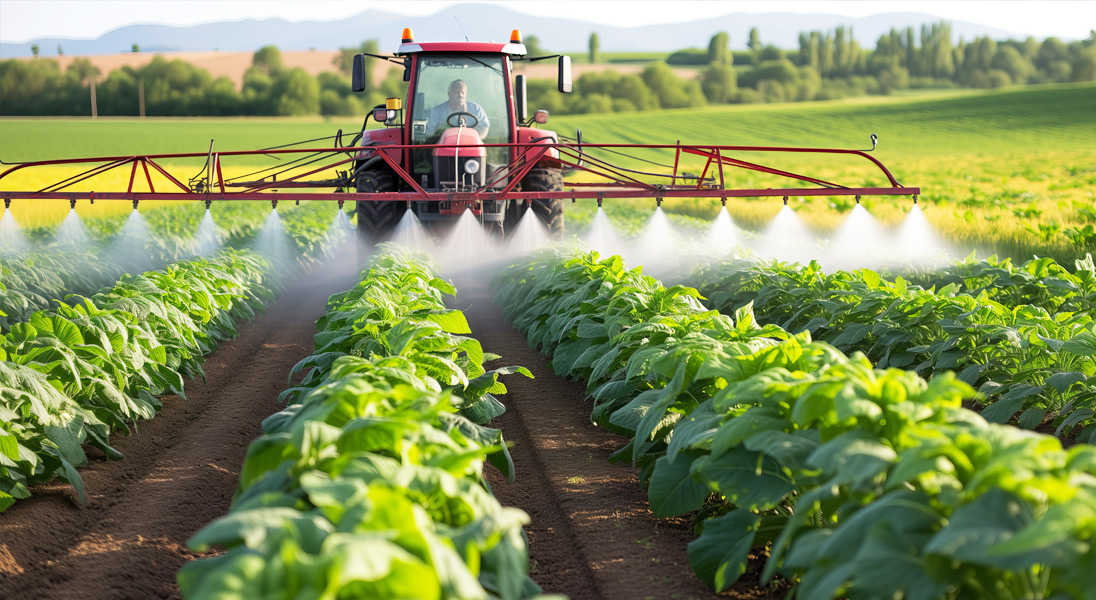Flavonoid-based biostimulants improve potato yield and quality
Scientific research

Bigger, better potatoes – The science behind Agriculture+
In a market where margins are tight, every extra tonne per hectare counts. Potato growers are constantly looking for ways to maximise both yield and quality without increasing input costs. One of the biggest challenges is producing consistently larger, marketable tubers while keeping fertiliser and water use under control.
How does it work?
Flavonoids are naturally occurring compounds that plants produce to regulate growth and respond to environmental stress. When applied as a biostimulant, they enhance several key processes that drive potato production:
- Boosts photosynthesis – More chlorophyll means more energy for growth. In trials, treated plants showed higher specific leaf areas, improving their ability to capture sunlight.
- Enhances nutrient absorption – Plants make better use of existing fertilisers, reducing waste.
- Increases marketable yield – Tuber size distribution shifted towards the higher-value 45–85mm grades, directly benefiting profitability.
The bottom line for growers
This isn’t just about getting more potatoes; it’s about getting the right potatoes—larger, high-quality tubers that fetch better prices. With Agriculture+, growers can achieve these gains without additional fertiliser or irrigation, making it a highly cost-effective and sustainable approach.
Scientific research
For the full scientific study, check out Frontiers in Sustainable Food Systems: Read the research.
View Frontiers ArticleHave questions? Let’s talk about how you can put an extra £700/ha in your pocket. Email “Yes Please” to tony.kelly@maxstim.com or book a quick call with our team.
Tim Cannon
Email: tim.cannon@maxstim.com
Mobile: 07884 586191
Phil Kingsmill
Email: phil.kingsmill@maxstim.com
Mobile: 07860 269996
Leanne Coleman
Email: leanne.coleman@maxstim.com
Mobile: 07552 097554
Tony Kelly
Email: tony.kelly@maxstim.com
Mobile: 07974 435417

